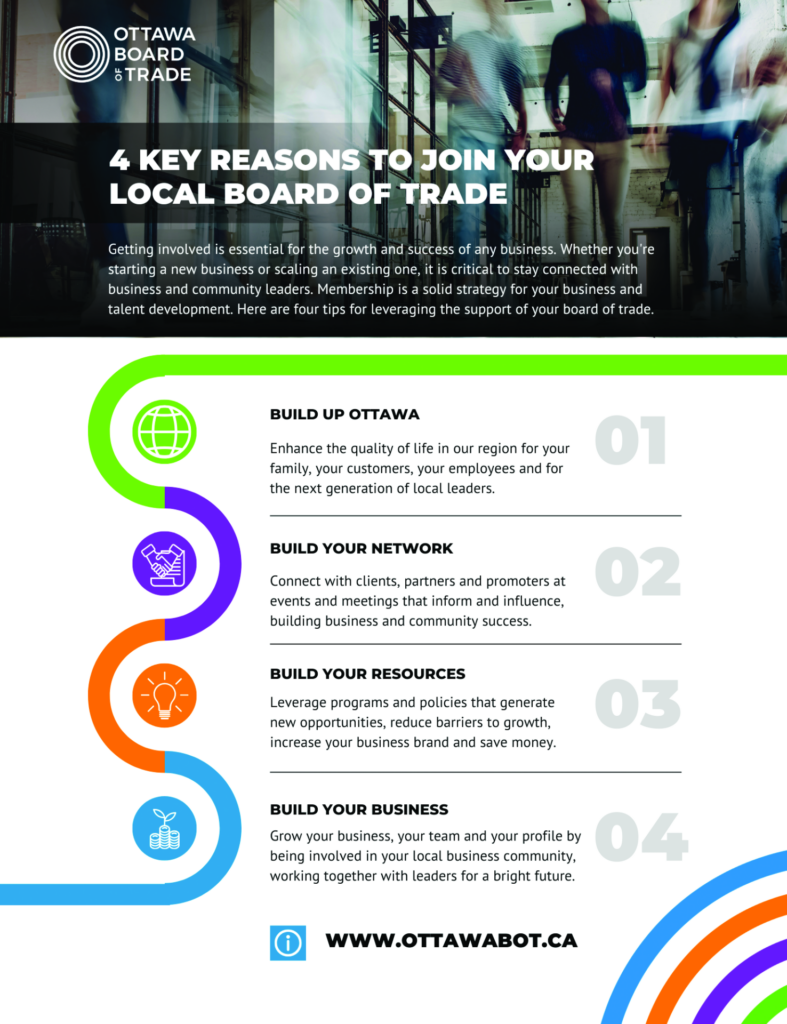Junior Achievement Ottawa

Preparing tomorrow’s local leaders also starts before they are post-secondary age.
“We’re always looking for volunteers and mentors for the opportunities to help fuel the next generation in Ottawa,” stresses Albert Wong, the director of Junior Achievement (JA) Ottawa.
JA Ottawa, through the Ottawa Network for Education, a local charity, works with all four local school boards – English, French, Public and Catholic – to deliver various life and careers skills programs free of charge to elementary, middle, and high schools in the city.
“The secret sauce to JA is the volunteers and mentors,” says Wong. Volunteers who wish to share their life and career experience, including people from the business community, come and tell their stories to students ranging from Grades 5 to 12, inclusive. This broadens students’ horizons with new career ideas they might not have thought of before, he explains.
For example, Ottawa faces several key challenges in the near and distant future, including a talent shortage, particularly in the skilled trades, where there have been many retirements, says Wong.
“What we’re doing on the education front – the school boards as well as JA, is trying to expose students to the fact that there are a lot of opportunities in skilled trades. And it’s not just blue collar. There are a lot of technical trades as well that have technology needs,” he stresses.
The three pillars of JA Ottawa’s programs involve a focus on entrepreneurship, financial literacy, and career readiness.
A key purpose is to provide students with financial knowledge at an early age. “The way I like to see it, and say it, is it’s like planting seeds. You start planting that knowledge early and trust that will provide the students with the tools and the skills so they can make better financial choices as they get older,” says Wong.
JA’s flagship ‘Company’ program serves high school students from Grades 9 to 12, who get involved in building an operating business that produces an actual product. With the support of trained mentors, students write up a business plan, market their product or service, sell it to the public, keep financial records, and distribute or donate the financial proceeds.
“It’s true entrepreneurship that you can relate to by doing. That’s where the leadership comes into play,” says Wong, who adds that students work in a structured business environment where they elect their leaders, including a president and various vice-presidents in areas like marketing, sales, finance, and human resources.
Many elected presidents are female, and JA serves as a great confidence builder in developing young women for leadership positions, Wong adds.
























